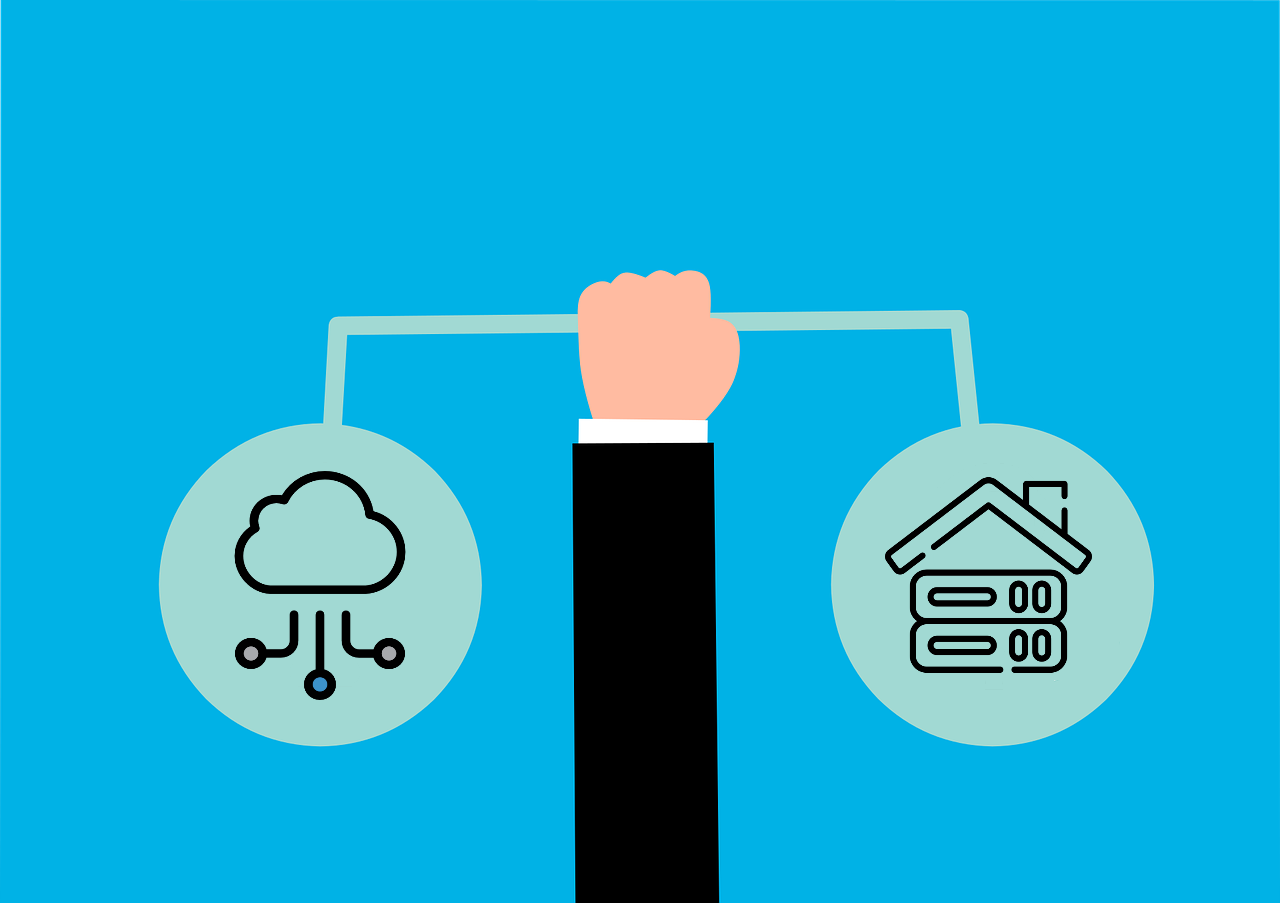May 16 2022 Premise vs Cloud 9-1-1. Which is right for you?

Years ago, if you asked the Supervisor of a Public Safety Answering Point (PSAP) or Emergency Communications Center (ECC) if they would allow their communications infrastructure to operate offsite under the control of a third party, most would respond with an emphatic, No! Communications equipment is critical to their operation, and all of the equipment and software used to support their center needed to be directly under their control. Software was temperamental, the internet was slow, unreliable, unsecure, and equipment needed to be constantly monitored — a premise-based solution was the only option.
Today, however, we can all agree that there has been a general shift towards cloud computing in all industry sectors. Especially in the last two years, the pandemic established a new way of life — the “new normal” — where people have had to rely on the cloud for work, education, and commerce. This technology shift is now also strongly being adopted by Public Safety across the United States.
The world of 9-1-1 technology is constantly evolving with the advancement of Next Generation 9-1-1 (NG9-1-1) Communications, NENA i3 Standards, and cloud computing. Today, ECCs and PSAPs that are looking to upgrade their call handling system are left with a difficult question to answer when exploring their options — “Do I want my new solution to be on-premise or in the cloud?”. There are multiple factors to take into consideration when evaluating the options including: security, deployment, scalability, cost, accessibility, adaptability, and reliability.
Security
Security, or more accurately, cybersecurity, is arguably one of the most important aspects and the primary concern of today’s ECC or PSAP. 9-1-1 information is sensitive and must be protected. And, Denial-of-Service attacks can cripple a PSAP. With a premise-based solution, security can be controlled by limiting access to the solution and operating it on a private network not connected to the internet. However, the PSAP is responsible for staying abreast of the latest cybersecurity challenges and having the in-house expertise to address attacks. In contrast, cloud-based solutions, while more vulnerable to internet attacks, are typically maintained by experts who have implemented the tools and procedures to monitor and protect the solution. With cloud-based solutions, security is the responsibility of the service provider and addressed according to Service Level Agreements (SLAs).
Deployment
The speed to deploy a premise-based solution versus a cloud-based solution are vastly different. Deployment of a premise-based solution may take many months or years for the project to start and the infrastructure to eventually be upgraded to support the new solution. Conversely, access to cloud solutions can be established in days or weeks through a service contract. Access can be provided over the internet or through dedicated connections. Similarly, upgrades to a premise-based solution must be planned and scheduled while cloud services may simply be enabled as needed.
Scalability
Scalability is another factor to consider. Premise-based solutions often require additional hardware, software licensing, and configurations to add more agents or services. The process to increase capacity may be costly and time-consuming. Conversely, capacity and services can be scaled up with a cloud-based solution by simply paying the additional fees associated with new agents or services.
Cost
Cost is an important consideration when evaluating premise-based solution and cloud-based 9-1-1 solution. Premise-based solutions tend to be more costly since the solution is dedicated to the PSAP, and the PSAP is responsible for the infrastructure, utilities, maintenance, and operation of the solution. For a solution operating in the cloud, PSAPs only need to pay for the resources they use with no maintenance upkeep costs. More importantly, premise-based solutions are typically purchased as a capital expenditure (CapEx) while cloud solutions are purchased under the Software As A Service (SaaS) model and considered a monthly operational expense (OpEx).
Accessibility
Accessibility is a feature that distinguishes the two options. Accessibility to a premise-based solution can be controlled by the PSAP and is not influenced by many external factors. Cloud-based solution are accessed over a network that may be impacted by internet instability or communication interruptions. However, a cloud-based solution may be designed to be accessed from virtually anywhere – remote sites, home, etc. A premise solution may also be accessed remotely, but often requires access to the site where the solution has been deployed; if the site becomes compromised, the solution may not be available remotely.
Adaptability
Adaptability in 9-1-1 solutions refers to the ability to customize or enhance the solution to meet the specific needs of the PSAP. Cloud solutions often provide a standard set of services and do not typically support specific customization to the offered service. Premise-based solutions can be customized to support the specific processes and procedures required by the PSAP.
Reliability
Reliability of the 9-1-1 infrastructure is of critical importance to an ECC or PSAP. For premise-based solutions, the infrastructure of the solution is under the control of local IT personnel who must address equipment failures and service interruptions locally. In case of catastrophic failures, data backups are typically stored on-site at the ECC or PSAP and can be used to restore the environment. For cloud-based solutions, third parties are responsible for the availability and backup of the data for the solution. Redundancy of the cloud environment ensures that the solution is always available.
A Difficult Choice
The factors listed above represent just a few of the topics that must be evaluated when deciding between a premise-based or cloud-based 9-1-1 solution. With explosion of cloud solutions in recent years, the choice between premise and cloud is now a real consideration for many PSAPs. Which option is the best for your PSAP or ECC? MicroAutomation has expertise with both types of solutions and can help determine which option is best for your agency.
